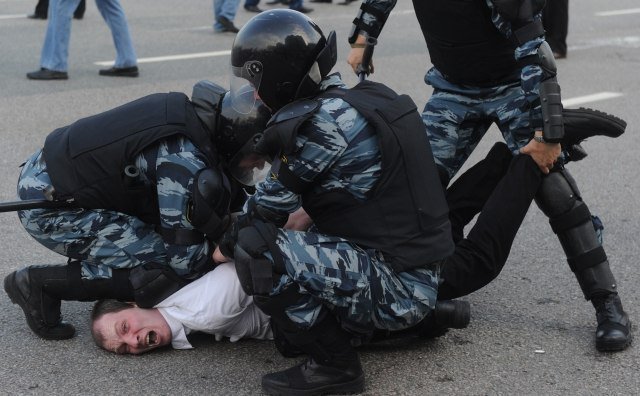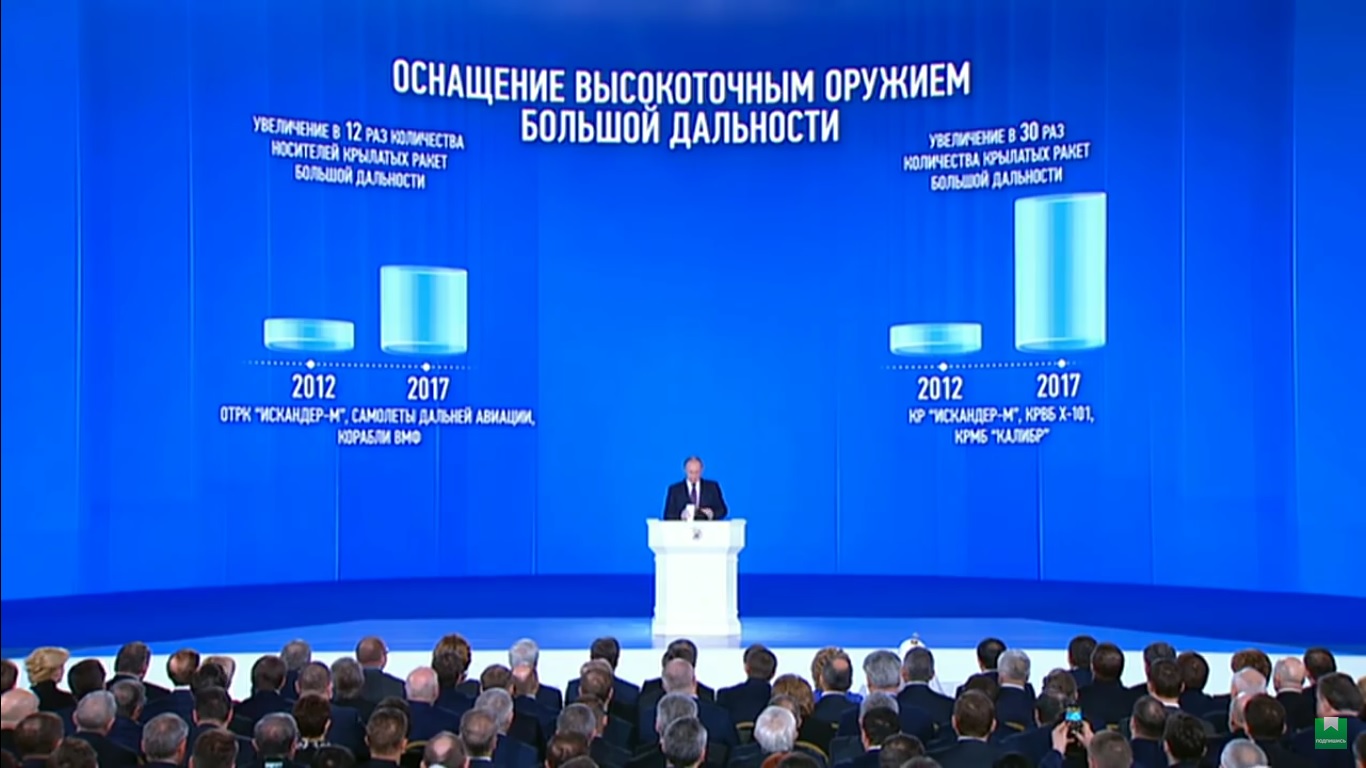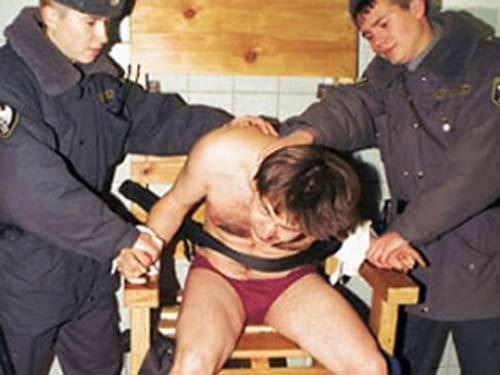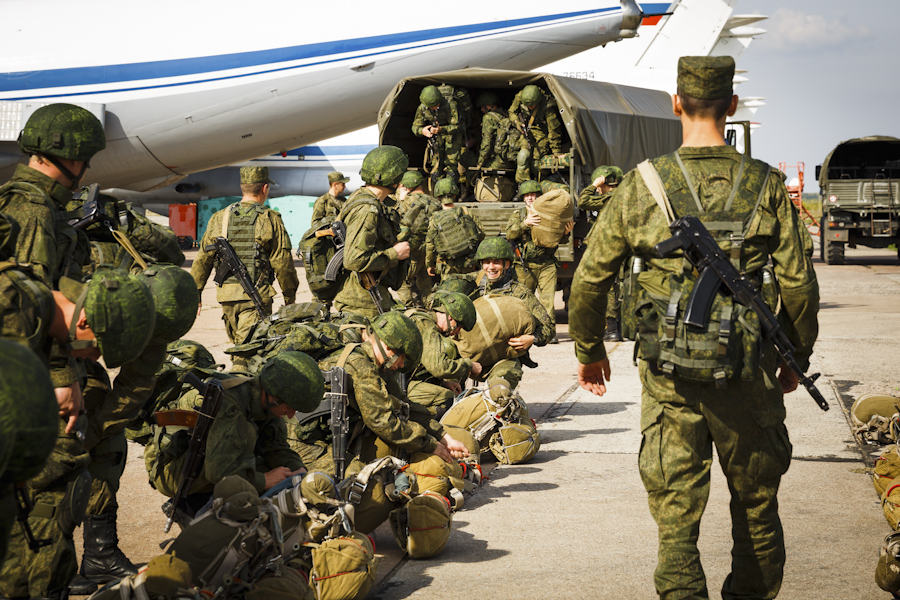Putin’s attention to and approval of ever more distant if equally odious figures from Russia’s medieval past show that he is committed to the idea that “mass repressions and terror are no more and no less than ‘the secret code of the Russian nation,’” the Russian commentator says.
And the Kremlin leader is adopting this position because he sees clearly that “each new modernization transition gives rise to a serious civilizational crisis,” one that can be addressed by those who want to build an authoritarian or totalitarian state only if there are constant appeals to the justice of the medieval system modernity undermined.
“Such reference to the Middle Ages is not something new,” Skobov continues. Conservative romantics appealed to it in reaction to the French revolution, and then fascists like Hitler did so in reaction to the modernization of society that had occurred as a result of the industrial revolution.
According to the Russian commentator, “fascism began the extreme form of the revolt of the archaic against modernization in the era when the industrial transition had already been accomplished.” It did not return society to its old forms but did return it to its old values as far as the state’s right to use its power against individuals and groups.
“In the post-industrial transition,” Skovoc says, “much is being repeated. “A medieval esthetic is to be found in all the culture of the post-modern world.” Not surprisingly, Putin is playing to this and gaining support from a people many of whom have been left wounded and angry by a transition they don’t understand and believe can be reversed.
Read More:
- Putin’s aggression against Ukraine part of broader effort to destroy international rules of the game and force West to recognize his right to do so, Skobov says
- Current crisis pushing Russia toward Mussolini-style fascism, Pereslegin says
- Pro-Kremlin media attempts to make fascism politically correct
- Kremlin readying a return to totalitarianism, Ponomaryev and Ikhlov say (2019)
- On historical unity in a prison of nations: Ukraine’s Institute of National Remembrance Head strikes back at Putin
- Not USSR collapse but Bolshevik coup ‘20th century’s greatest geopolitical disaster’
- Why has Ukraine succeeded as a democracy, contrary to Russia and Belarus?
- Kremlin security boss dates back roots of “West’s Russophobia” to times of czar Ivan the Terrible





